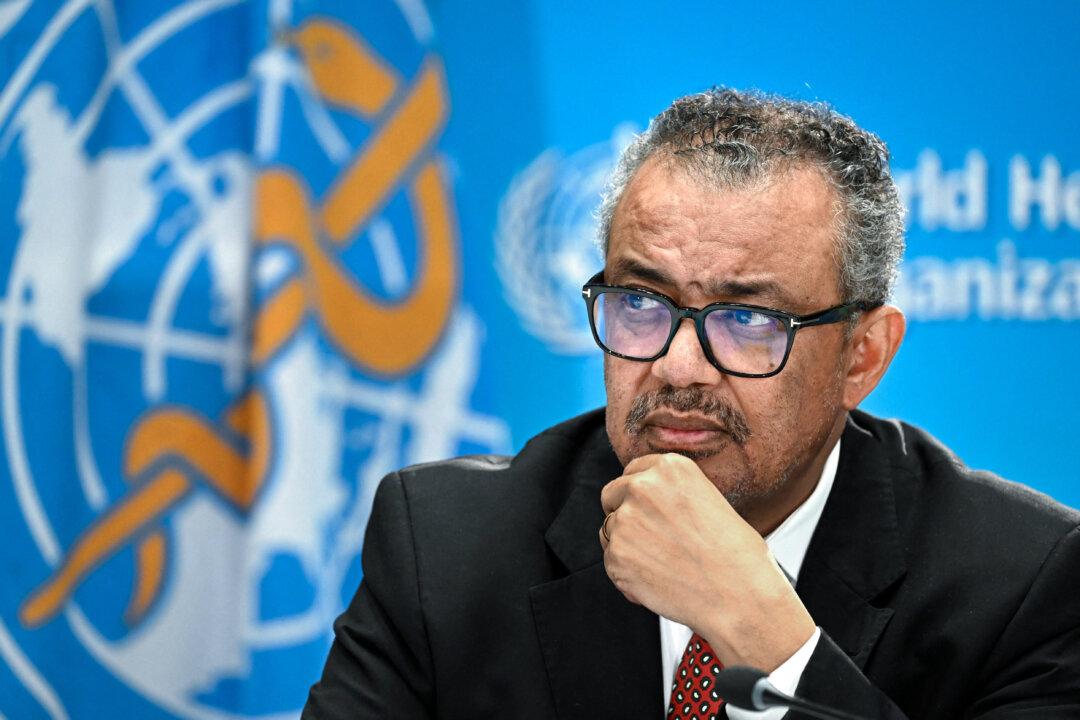The World Health Organization (WHO) on Aug. 14 declared the outbreak of mpox, formerly known as monkeypox, in Africa a public health emergency of international concern because of the increase in cases and deaths in recent months.
Tedros Adhanom Ghebreyesus, director-general of the WHO, announced the declaration in Geneva, Switzerland, accepting a recommendation from the WHO’s emergency committee.





